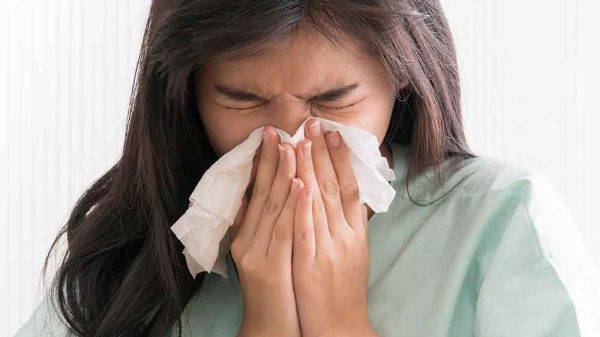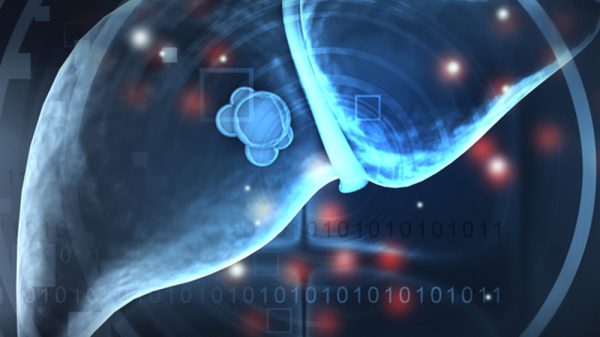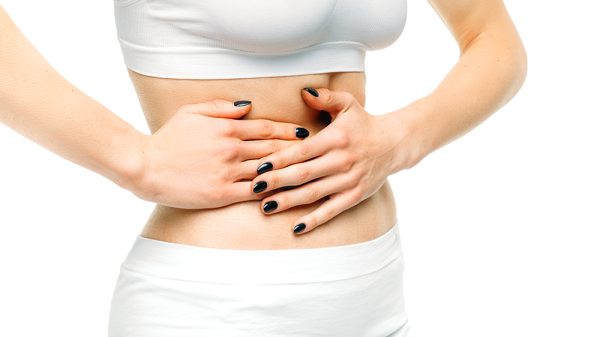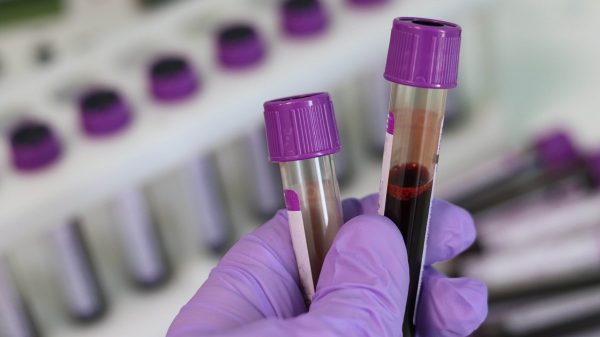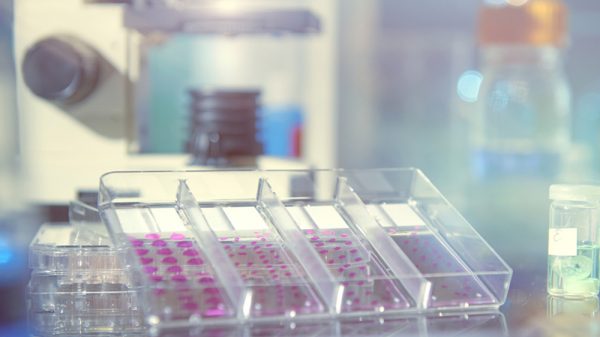Gut health issues can be obvious: stomach pain, bloating, cramping, and gas. However, in other cases, gut health issues manifest more subtly as sluggishness, fatigue, and just generally not feeling great. Gut health is interconnected with all other organ systems. The best way to promote optimal gut health is through a balanced plant-based diet that restricts or eliminates animal products. Here we look at the science behind gut health and explore why plant-based foods heal your gut, while animal foods harm your gut. Equipped with this knowledge, you will be able to formulate a healthy gut diet plan.
What Is Gut Health and Why Is It So Important?
Trillions of microorganisms- also known as gut flora- populate our gastrointestinal tract. Microorganisms in our gut microbiome are responsible for regulating nutrient breakdown. Though we mostly think of these organisms as bacteria, some are actually fungi and viruses. The gut microbiome has gained significant momentum as a pivotal intersection of many organ systems since it plays a role not only in digestive health, but also in immune response, liver function, cardiovascular function, metabolic processes, and brain health. (1,2)
Imbalances in the gut microbiome are categorized as dysbiosis. If dysbiosis is a result of an invading virus or other pathogen, symptoms will manifest as an upset stomach and resolve when your body clears the illness.
Dysbiosis can also be a result of diet. Over time, chronic dysbiosis can lead to leaky gut syndrome- an inflammatory condition in which harmful gut microorganisms seep through the lining in the digestive tract and into the bloodstream, gaining access to tissues throughout the body.
The Link Between the Gut and Overall Health
Science shows the connection between the gut microbiome and the health of multiple organ systems including the liver, brain, and immune system.
Though the digestive system and liver seem to be separate organ systems, they are in fact interrelated. A review produced by the Department of Gastroenterology at Nara Medical University in Japan and published last month in Diseases compiles data on the connection between gut and liver health. Research points out that dysbiosis exacerbates inflammation that contributes to both alcoholic and nonalcoholic liver disease. (3) Gut healing foods are likely to have curative impacts on fatty liver disease and liver cirrhosis.
Research shows that poor gut health may negatively impact brain health. In the case of leaky gut syndrome, bad gut bacteria can make their way between the epithelial cells that line the digestive tract. These bacteria are then able to permeate the blood-brain barrier, which can cause inflammation, disrupt healthy neurological functioning, and interfere with memory and mood. (4)
Research also shows the link between gut health and autoimmune diseases. The leaking of unhealthy gut bacteria from the digestive tract may activate the immune response in cytokines and immunoglobulins. This can contribute to systemic inflammation and worsen diseases like autoimmune hepatitis, multiple sclerosis, celiac disease, and lupus. (5)
How to Restore Gut Health with Food
Our digestive health – and overall health, for that matter – is directly connected to what we eat. Choosing the right foods will feed beneficial bacteria, rebalance the gut microbiome, and promote the healthy functioning of all organ systems. If you are suffering from a chronic liver disease, tailoring your diet to support your gut health will be beneficial. If you’re wondering how to fix leaky gut, an effective leaky gut diet plan will target the gut microbiota. Regardless of whether you live with a chronic condition or experience stomach issues, fixing the likely associated dysbiosis will be a critical step towards healing.
Avoid Meat
When you consume cooked and processed meat, the compounds in meat are altered to create products that are unhealthy for the gut. Chains of amino acids comprise the protein available in meat, and humans require essential amino acids for proper functioning. The essential amino acids we require are histidine, threonine, methionine, lysine, leucine, isoleucine, valine, phenylalanine, and tryptophan. Meat products are excellent sources of many amino acids. Importantly, meat also contains all essential amino acids in optimal ratios for healthy biological functioning.
However, some amino acids undergo changes in their compositions when meat is processed or cooked. Exposure to high temperatures or additives like nitrite or smoke can cause chemical reactions that alter amino acids. Some amino acids that would normally benefit our health are transformed into harmful compounds called heterocyclic amines. Research shows that heterocyclic amines negatively impact gut microbial activity and increase the risk of developing colorectal cancer. (6)
In order to avoid heterocyclic amines, cut meat products out of your diet, including:
- Cured bacon
- Deli meats
- Steak
- Pork
- Chicken
- Fish
Avoid Dairy and Eggs
Unfortunately, dairy products and eggs are just as bad for your gut as meat. When we consume meat and dairy products, the microorganisms in our gut consume compounds like lecithin and carnitine to produce trimethylamine n-oxide (TMAO). TMAO is an inflammatory marker in humans and is associated with chronic kidney disease, heart disease, and metabolic syndrome. (7)
Essentially, meat and dairy products feed the bacteria in our gut that produce this toxic compound. Cutting out meat, dairy, and eggs will lower systemic inflammation and give your digestive system a chance to heal. (7)
To calm your gut and decrease overall inflammation, cut the following foods out of your diet:
- Eggs
- Yogurt
- Ice cream
- Milk
- Cheese
The Gut Healing Diet Is Plant-Based
Plant-based foods are rich in prebiotics, which support the growth of good bacteria in your gut. Prebiotics include dietary fiber, carbohydrates, and polyphenols, which are present in nearly all plant-based foods. Research shows that plant sources of both fat and protein support healthier gut flora than animal fat and protein sources, which tend to cause gut imbalances and inflammation.
Fruits, vegetables, nuts, seeds, and legumes are also packed with micronutrients that support gut flora diversity and functioning. Micronutrients and polyphenols feed our good gut bacteria; in turn, these bacteria help process these compounds into bioavailable forms. Furthermore, these same micronutrients not only support gut health, but also mitigate oxidative stress, quell systemic inflammation, and reduce the risk of cancers and chronic diseases. (8)
In addition to all of their gut-healing benefits, plants can also provide the essential amino acids that your body requires. Keep in mind that when cutting out meat and dairy products, it’s vital to consume a variety of plant products that can give you the optimal balance of essential amino acids that you need to support cellular function. If you want to ensure that you’re getting optimal ratios of amino acids in your diet, adding a high-quality supplement is also a good idea.
Plant-Based Foods to Add to Your Diet
Vegan foods that support gut flora and fight against dysbiosis are rich in vitamins, minerals, antioxidants. They are also rich in fiber and complex carbohydrates.
Helpful tip: When choosing plant-based foods, try to incorporate a variety of colors into your daily meal plan.
Below are examples of plant-based, gut healing foods:
- Whole grains: Sprouted brown rice, quinoa, buckwheat, spelt, barley, oats, millet, bulgur, farro
- Vegetables: Kale, spinach, lettuce, onions, garlic, beets, sweet potatoes, leeks, cauliflower, swiss chard, dandelion greens, asparagus
- Fruits: Avocado, banana, zucchini, pumpkin, dates, grapes, cherries, blueberries, raspberries, strawberries, blackberries, watermelon, apples, oranges, mango
- Seeds: Flaxseeds, chia seeds, pumpkin seeds, hemp seeds, sesame seeds
- Nuts: Pecans, walnuts, almonds, pistachios, hazelnuts, peanuts,
- Beans: Black beans, kidney beans, pinto beans, cannellini beans, lentils
What About Probiotics?
Probiotics are beneficial bacteria present in the foods we eat. A common misconception is that we must get probiotics from dairy products; we most often associate foods like yogurt and kefir with dietary probiotics. However, it is possible to get sufficient probiotics from dairy-free foods, in order to simultaneously avoid inflammatory agents in dairy. For example, kimchi, sauerkraut, and other fermented foods provide plenty of probiotics and support healthy bacterial growth in the gut. Dairy-free yogurts made with coconut milk or almond milk are now being fortified with probiotic cultures. Health food stores also carry dairy-free kefir. Another option is taking probiotic supplements if you can’t quite incorporate enough fermented foods into your diet. Getting probiotics from plant-based sources ensures that you obtain all of the healthy bacteria you need without negative trade-offs, like heterocyclic amines and TMAO.
Avoid Other Triggers
If you have eliminated animal products from your diet and are still experiencing unpleasant symptoms of dysbiosis or leaky gut syndrome, look into gut health tests. Gut health tests can help determine whether you’re sensitive to any particular foods. Ask your doctor if a food sensitivity test makes sense for you. Individual gut microbiome composition varies according to environmental exposures and genetic predispositions, and you may be particularly reactive to certain foods.
Additionally, try making a few changes to your lifestyle to avoid common triggers of unpleasant gut symptoms:
- Cut down on alcohol: Consuming alcohol can decrease the diversity of your gut microbiome, irritate your stomach, and contribute to alcohol-related liver disease.
- Avoid artificial sweeteners: Artificial sweeteners can cause bloating and stomach cramps.
- Avoid gluten: If you have celiac disease or a gluten sensitivity, avoiding wheat and gluten-containing products will help reduce gut inflammation.
- Reduce stress: Excessive stress can manifest in a multitude of physical symptoms, including digestive issues. To keep your mind and body calm, strive to get adequate sleep, aim to exercise about 30 minutes per day, and incorporate a few minutes of meditation into your daily routine.
Conclusion
Suffering from gut health issues is not only bothersome but also could be affecting other aspects of your health. Consuming a diet of mainly plant-based whole foods and making lifestyle changes will help support the growth of good gut bacteria and eliminate toxic bacteria, while also improving dysbiosis, leaky gut syndrome, and all associated illnesses.
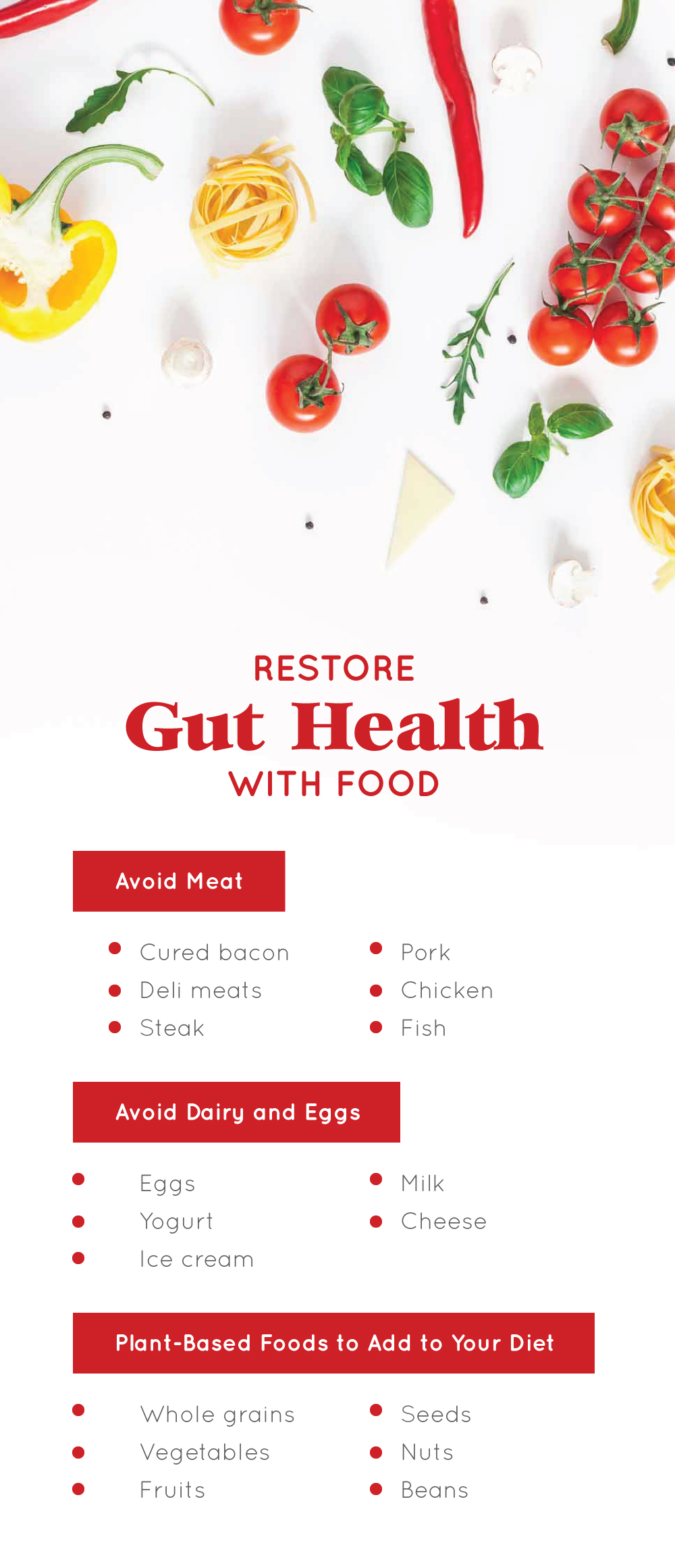
References:
1. https://www.ncbi.nlm.nih.gov/pubmed/30535609
2. https://gut.bmj.com/content/67/9/1716
3. https://www.ncbi.nlm.nih.gov/pubmed/31726747
4. https://www.ncbi.nlm.nih.gov/pmc/articles/PMC6313445/
5. https://www.ncbi.nlm.nih.gov/pmc/articles/PMC5440529/
6. https://www.ncbi.nlm.nih.gov/pmc/articles/PMC6514608/

